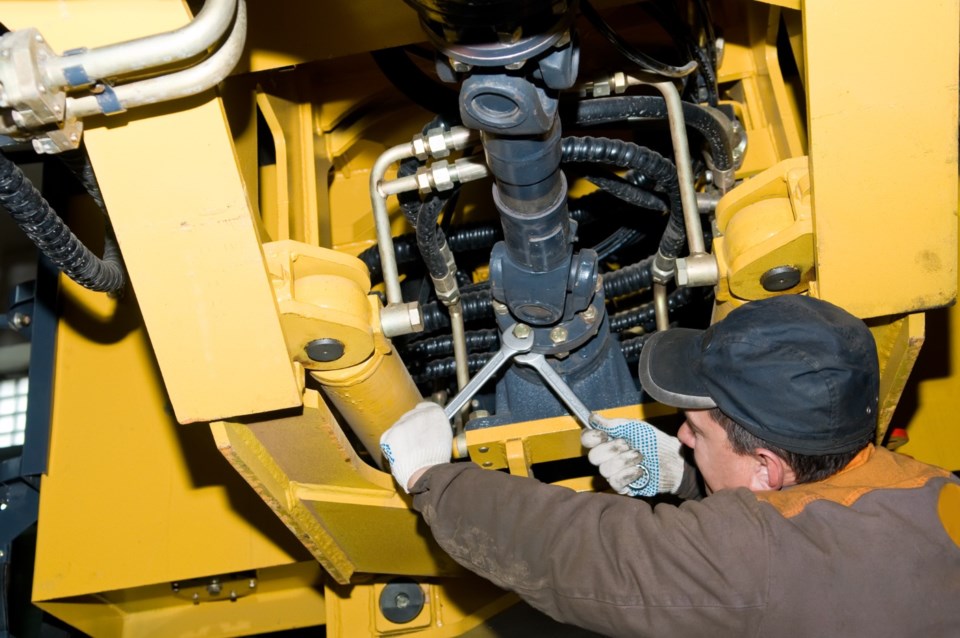REGINA — The Agricultural Producers Association of Saskatchewan (APAS) reiterates its steadfast support for Saskatchewan farmers’ right-to-repair their equipment.
According to APAS, competition is essential in agriculture input markets, there is limited competition, however, for repairs. Farmers own equipment but lack the tools to make rapid repairs when systems are protected behind copyright.
“Most equipment manufacturers build in software protections that restrict a farmer’s ability to perform basic diagnostics, maintenance or repair of their own equipment,” noted Ian Boxall, APAS president. “APAS members believe that when you own the equipment, you also should have the right to repair it in a manner that makes sense for your farm.”
House of Commons Bill C-244 An Act to amend the Copyright Act was introduced in February 2022 and passed second reading on Oct. 5. A key principle in the bill is to enable farmers access to the software and computer programs being used in their equipment.
“We respect the manufacturer’s right to protect their intellectual property and the Copyright Act provides them protection from anything being copied or distributed,” noted Boxall. “At the same time, we want farmers to be able to find the most cost-effective solution when they need to repair their equipment and we support a market-based approach.
“Access to professional repair can be difficult during critical times, and with the increased digitization of farm machinery, a new complexity has been added. Farmers have for years used their own grit and know-how to do these repairs. However, with digital locks, inaccessible diagnostics tools, and part shortages the ability of producers to do this work is limited.”
Almost 20 states in the United States and numerous European countries are developing legislation to address this issue.
“There is more work to be done and it will be in everyone’s interests to ensure clarity and understanding on this issue before these amendments are finalized,” stated Boxall.

